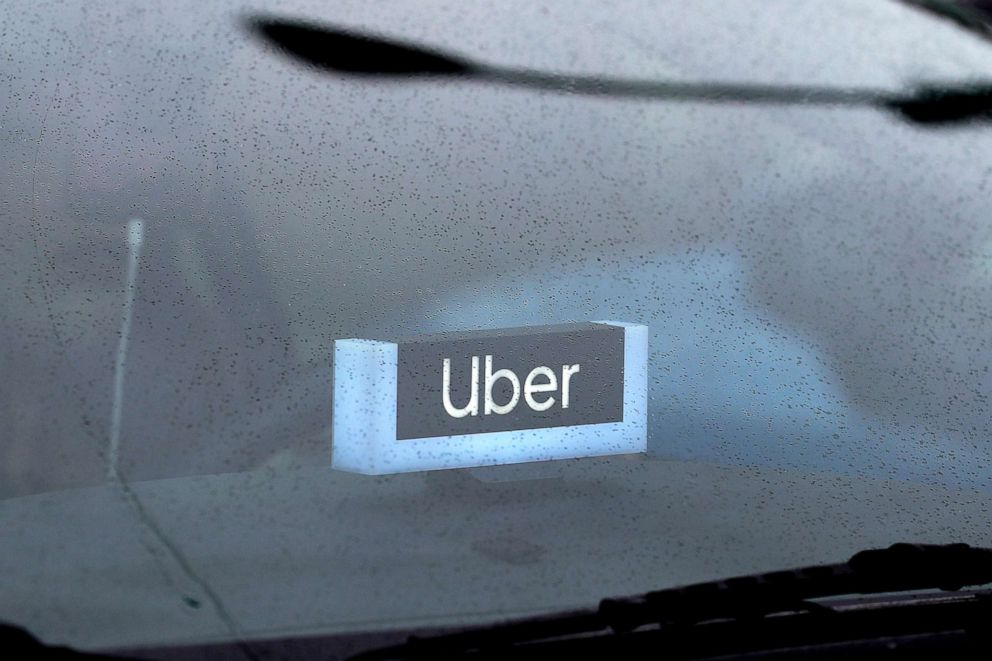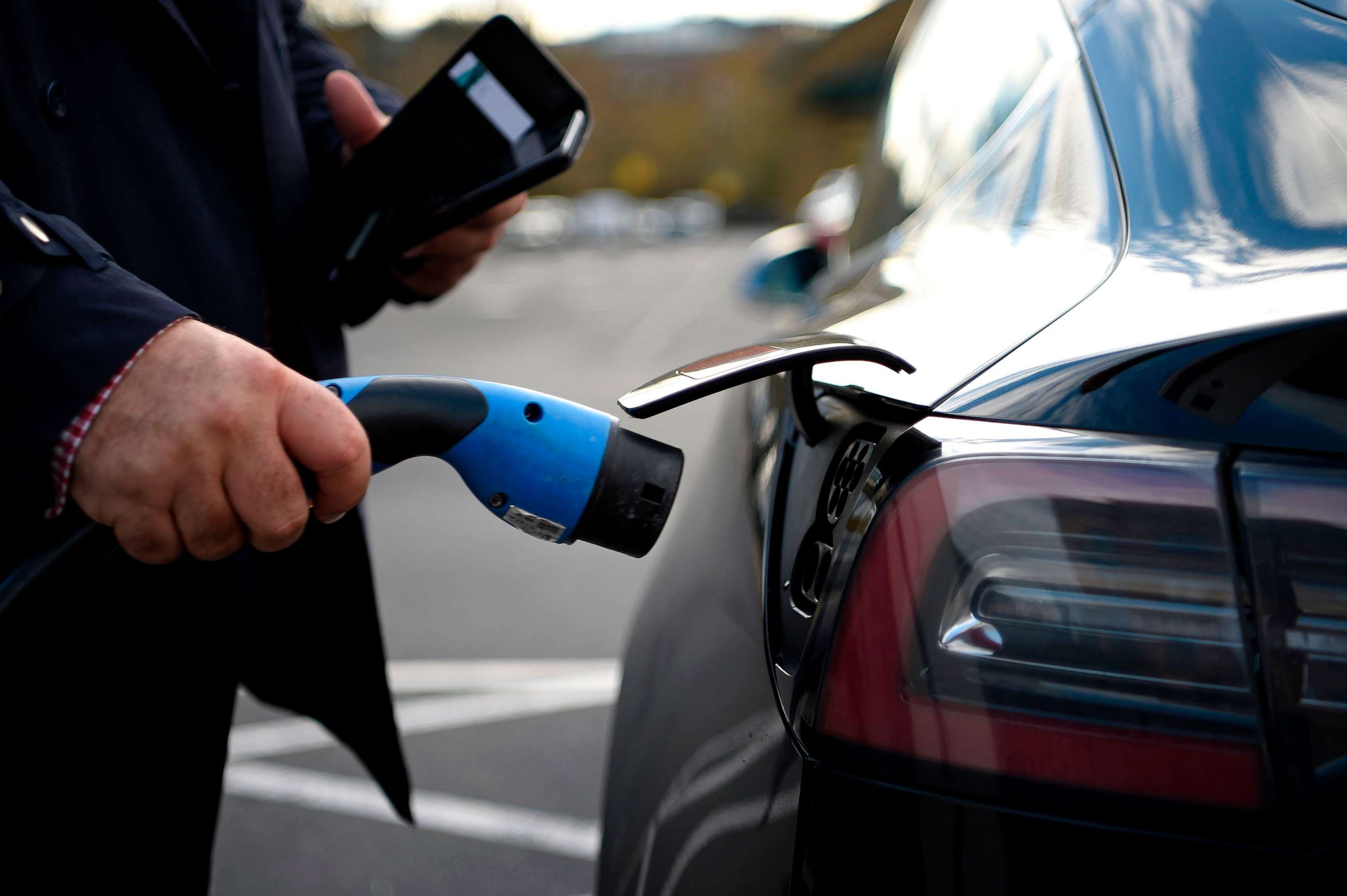Tesla, Uber part of new zero-emission vehicle coalition
ZETA hopes to push the U.S. to 100% electric vehicles through national policy
Twenty-eight companies from across the energy and transportation sectors, including Tesla, PG&E, and electric truck startup Lordstown Motors, are teaming up to form the Zero Emission Transportation Association, or ZETA -- a coalition that is aiming to have all light, medium and heavy-duty vehicles sold in the United States be 100% electric by 2030.
"We had a host of folks in the [electric vehicle] community early on in 2020 that really were interested in having their own voice on federal policy and trying to figure out what was the best possible way to accelerate the transition to electric vehicles," said Joe Britton, the executive director of ZETA. "We started to do outreach to others and then it snowballed really quickly. Folks have been really excited about having a new approach to this and bringing all the institutional knowledge that these companies and advocacy experts and NGOs and others have to accelerate the EV transition."
The association has members ranging from established companies like Tesla and Uber, to startups like Rivian and Lucid Motors, along with battery tech companies, charging infrastructure companies, and electric utilities. The 29 founding members employ hundreds of thousands of people across all 50 states, according to the organization.

Notably absent from the coalition are the "Big Three" American car manufacturers: General Motors, Ford and Fiat/Chrysler.
"I think our interest is a little different," said Britton. "We have a goal to accelerate and reach this 2030 EV sales goal and I think we bring together this kind of squarely EV group to make progress on those goals."
ZETA hopes to push the United States to 100% electric vehicles through national policy. They have five actions that it says will lead to its goal, including consumer incentives, upgraded infrastructure and American manufacturing.
"One of our goals is to make sure that folks from all walks of life and all regions see EVs as serving their interests, whether that's a consumer interest, whether it's domestic manufacturing or job creation interest, or if it's about innovation and competition," said Britton. "We think we can show that we're creating jobs in every congressional district in the country."
They may get help from the next administration. President-elect Joe Biden has made combating climate change a key piece of policy. Part of that includes helping the auto industry create one million new jobs by investing in domestic supply chains, auto infrastructure and charging stations.
Britton said they have had initial conversations with the Biden team.
"I think they share our interest certainly and even part of the strategy they've got is a commitment to put in place 500,000 public electric vehicle charging stations," said Britton. "I think they share our interest in sending market signals that an accelerated transition to EV's is the right approach."
Britton says that he believes there is nothing inherently partisan about electric vehicles, and that they've received bipartisan support since announcing.

"Whether you're interested in what's good for the consumer on fuel, maintenance savings, performance ... the deployment and electrification of the transportation sector is something that I think people can get behind no matter their political background," said Britton.
A few states are already moving in the same direction as ZETA. In September, California Gov. Gavin Newsom issued an executive order mandating that all cars and trucks sold in the state must be zero emission by 2035. Washington state has an even quicker timeline after Gov. Jay Inslee signed a law in March banning gas-powered cars by 2030.




